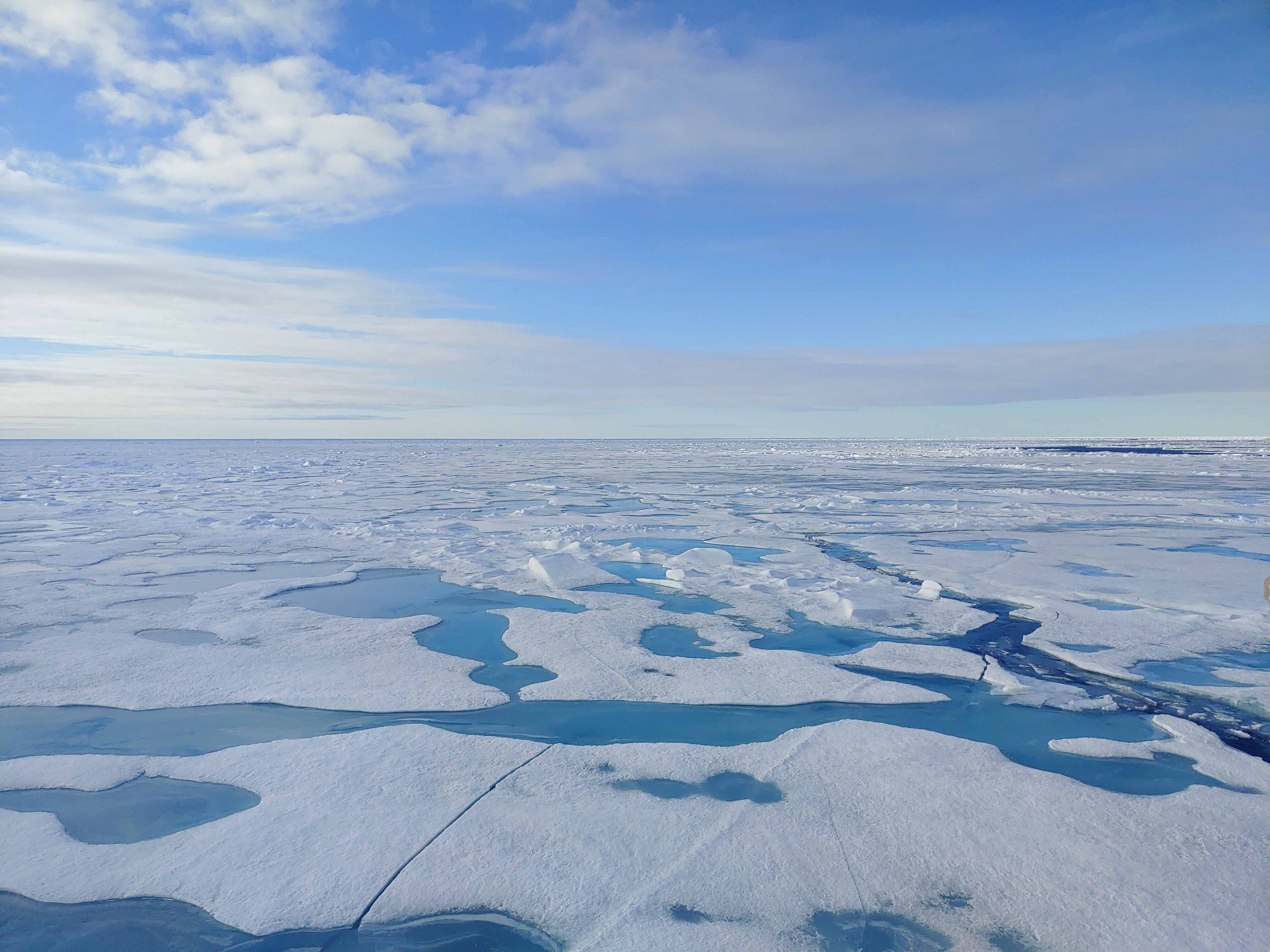Loss of Arctic sea ice could increase humidity in Spanish and Portuguese winters
A study led by ISGlobal researchers has analysed how the loss of Arctic sea ice influences climate in isolation from other factors related to climate change. Their results, published in the journal Communications Earth and Environment, show that, on a time scale of decades, the loss of Arctic sea ice favours a drier climate in the southwestern United States -in particular in California-, especially in winter. This phenomenon would also affect the climate of Spain and Portugal, leading to wetter conditions in winter, although the effect is weaker.



